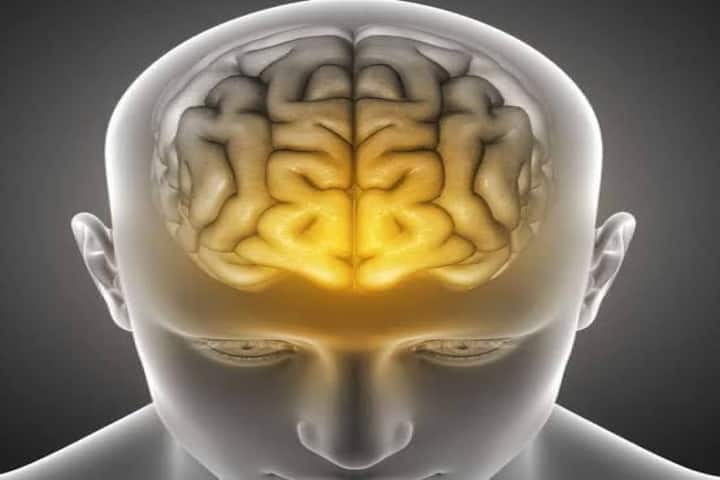

Brain and its blue spot
There is more to out-of-body experience than what meets the eye. This feeling of weightlessness and drifting in the air while watching yourself from above which are part of this experience could lead to new types of anaesthesia, as per a smithsonianmag.com report.
Researchers studying the brain have now been able to pinpoint that part of the organ which sparks this experience and the details of this study have been published in the journal Neuron. Nearly 5 to 10 per cent of the populace across the world and cultures undergo this experience which happens under sedation or during a near-death experience or when suffering sleep paralysis which entails getting up from sleep temporarily at night unable to speak or move.
The idea to investigate this experience germinated in 2019 when Josef Parvizi, a Stanford University’s neuroscientist was visited by an epilepsy patient who said he felt the floating sensation at times.
Parvizi, the senior author of the study, felt that the part of the brain which saw unusual activity because of the patient’s epilepsy, played a part in this altered state of consciousness experience.
The neuroscientist and his associates started looking for this part and it was discovered to be a small sliver of tissue known as the anterior precuneus that was located deep within the fold running down the top of the brain.
While researching, this particular area of the brain was stimulated with electricity in eight volunteers with epilepsy. While they did not have true out-of-body experiences, they did feel they were falling or floating while they also said they felt dissociated, less focused and dizzy.
Talking to Stanford Medicine’s blog, Parvizi said: “All of them reported something weird happening to their sense of physical self. In fact, three of them reported a clear sense of depersonalization, similar to taking psychedelics.”
In case anterior precuneus defines the physical sense of self or what happens around us, disrupting this network could shift one’s point of view and make one’s place in the world seem unreal, the researchers found.
Sahib Khalsa, a neuroscientist at the Laureate Institute for Brain Research told Scientific American that this research could lead doctors towards treatment for those who are suffering from trauma-related mental health problems. Khalsa was not involved in the study.
Parvizi said that this section of the brain in the future could act as anaesthetic drug required during medical procedures. By stimulating this area slow rhythms of brain activity were created which are similar to the feelings of dissociation that happens due to anaesthetic drugs, as per Patrick Purdon, an anaesthesia researcher at Harvard Medical School.
Sedation inducing drugs usually go through the entire body and brain are risky to some extent as they bring down the heart rate and breathing. Purdon said by relaying electric pulses to this brain section, scientists may be able to come up with a new way for anaesthesia which will entail lesser side effects.
Australia's High Commissioner to India, Philip Green OAM, called Yoga one of India's gifts to…
The Bharat Sanchar Nigam Limited (BSNL) has announced the soft launch of BSNL Quantum 5G…
The Indian Embassy in Iran has said that the embassy will make efforts to evacuate…
India's gross direct tax collections for the financial year 2025-26 rose by 4.86 per cent…
Russian President Vladimir Putin has said that Moscow is not seeking Ukraine's unconditional surrender, but…
Extending his greetings on the 11th International Day of Yoga, Lok Sabha speaker Om Birla…